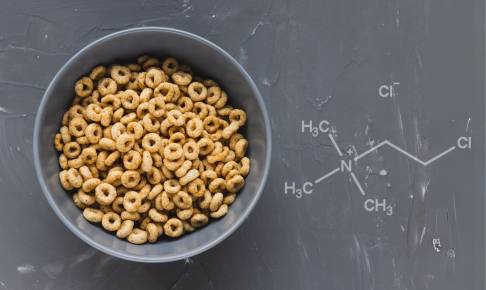New, easy-to-use, and quick method to detect pesticides on fruits and vegetables
A group of researchers from the Karlolinska Institutet (Stockholm) has developed an easy-to-use, inexpensive, and quick method to detect pesticides on fruits and vegetables.
The study, funded by the European Research Council, is based on surface-amplified Raman spectroscopy (Sers), a technique developed in the 1970s, which amplifies Raman signals from single molecules deposited on a surface by several orders of magnitude (up to a million times).
Sers is rather expensive and unwieldy, so it has been rarely used in areas other than the medical field. According to the Swedish researchers, they have been able to solve the main limitations of the technique, creating a portable sensor suitable for field surveys.
To collect the sample, the method involves the use of a cotton swab, which is then immersed in a solution to dissolve the pesticides, a few drops are then deposited on the sensor.
The scientists confirmed the reliability of the method using a known tracer and analyzing the sensor signal with the spectrometer. They also made some tests I) with a pesticide banned in many countries and II) after two and a half months (to assess whether the analysis kits can be stored for a long time). In both cases, they obtained correct results in a few minutes.
These successful results in the lab need to be followed by many more tests in real situations, but if everything goes as expected, in the near future it could be possible to discover the presence of pesticides without the need for complex laboratory analysis.
Source:






















